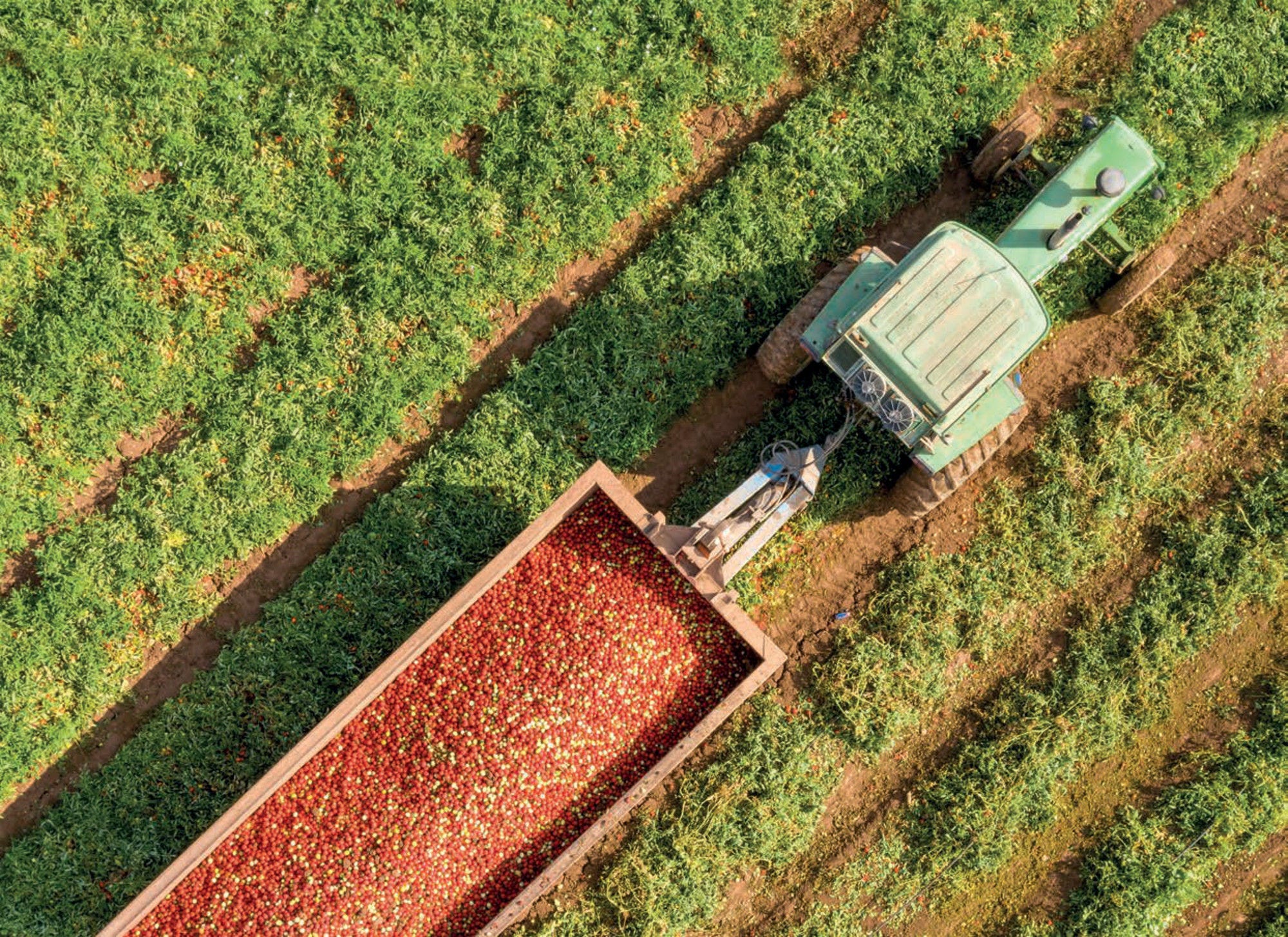Various measures provide price support to Philippine producers. Price support policies mainly focus on rice and sugar, and comprise a combination of trade barriers (tariffs and TRQs) and domestic market regulations for rice. The NFA implements rice price support by buying buffer stocks at administered prices from domestic producers and selling these stocks at subsidised prices to consumers. For sugar, production quotas and trade barriers (tariffs and TRQs) provide producer price support and market regulation.
Tariff protection is the Philippines’ main trade policy tool. Trade liberalisation primarily occurs within regional trade agreements, particularly the ASEAN Free Trade Area. The simple average applied Most Favoured Nation (MFN) tariff on agricultural products was 9.8% in 2016. Tariff lines applied are ad valorem and range from 0% to 65%.
Tariff rate quotas are applied to 14 agricultural products, with in-quota tariffs ranging from 30% to 50% and out-of-quota from 35% to 65%. Products covered include live swine, goats and poultry and meat thereof, potatoes, coffee, maize, rice, and sugar. For three others (poultry meat, potatoes and coffee), TRQs only apply to a specific range of tariff lines. Import licensing is required for all regulated products (including those under TRQs), intended to safeguard public health, national security and welfare.
To comply with WTO obligations, the Philippines replaced quantitative restrictions on rice imports with an import tariff system as of March 2019, under the Rice Tariffication and Liberalisation Law (RA 1120). In place of a quota on imports from ASEAN countries, a single tariff of 35% applies. For imports from non-ASEAN countries, a TRQ applies. Applied MFN in-quota and out-of-quota tariffs for rice are set at 40% and 180%, respectively. Additionally, grains, grain products and sugar require export permits.
The Rice Tariffication and Liberalisation Law (2019) introduced measures related to the changes in rice trade and related domestic market regulation. The food safety regulatory function, and hence responsibility for issuing permits, licenses, or registering trade and importation of rice was transferred from the NFA to the Bureau of Plant Industry (BPI). Nowadays, the NFA’s main role consists of local paddy procurement from domestic producers and management of buffer-stocks, including sales to domestic markets.
To offset the effect of the liberalisation of rice imports on producers’ incomes, in 2019 the government established the RCEF with an annual appropriation of PHP 10 billion (USD 202 million) over the following six years (see next section).
Budgetary support to agricultural producers, both through payments provided to farmers individually and to the agricultural sector as a whole (general services), is small compared to the level of price support. Budgetary support to producers focuses on subsidising the use of variable inputs, including seed and fertiliser subsidies.







